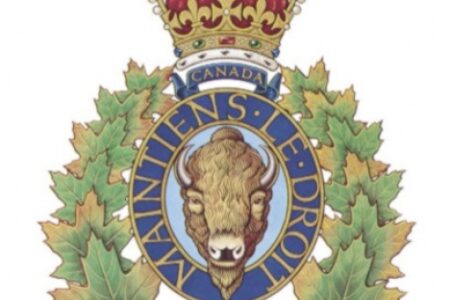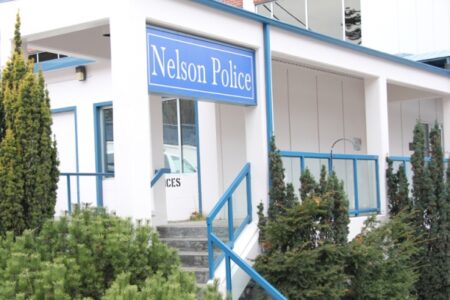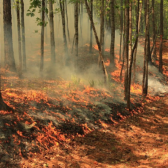Sinixt applaud BC Supreme Court Decision in landmark hunting case
The Chairman of the Confederated Tribes of the Colville Reservation Thursday welcomed the British Columbia Supreme Court decision dismissing an appeal of the historic Desautel hunting rights case.
“The Colville Tribes is very pleased with this outcome, which affirms the position we have always held: that the Sinixt people in Canada are not “extinct” on either side of the border, and have the right to hunt in their historic territories,” Marchand said.
“This is the right decision not just for the Colville Sinixt, but all Sinixt people and the citizens who now reside in Sinixt territory.”
The BC Supreme Court upheld a March, 2017 decision of the Provincial Court of British Columbia, which found that Richard Desautel, a Sinixt descendant and member of the Colville Confederated Tribes, had an aboriginal right to hunt in his traditional territory in Canada.
In 2010, Mr. Desautel was charged with hunting elk as a non-resident, and without a license, near Castlegar, B.C., which falls within Sinixt traditional territory that stretches north from the Colville Reservation to the area in and around the Arrow Lakes in British Columbia.
Following a lengthy trial held in the fall of 2016, Justice Lisa Mrozinski of the BC Provincial Court held that Sinixt hunting rights endured to the present day, notwithstanding a variety of historical forces which contributed to many Sinixt moving south of what is now the international border, and the introduction of legislation to make it illegal for the Sinixt to hunt in Canada.
The Crown’s appeal of Justice Mrozinski’s decision was heard by Justice Robert Sewell in September 2017, and reasons were reserved until today. In upholding the decision below, Justice Sewell found that recognizing the Sinixt as an Aboriginal Peoples of Canada is consistent with the overarching goal of reconciliation.
He wrote:
I find that recognizing that the Sinixt are aboriginal people of Canada under s. 35 is entirely consistent with the objective of reconciliation established in the jurisprudence. In my view, it would be inconsistent with that objective to deny a right to a group that occupied the land in question in pre-contact times and continued to actively use the territory for some years after the imposition of the international boundary on them.
Rick Desautel today said that he is “extremely pleased to see the spiritually important decision of the Provincial Court upheld, again confirming our indigenous traditions and natural laws. We intend to continue our work of strengthening ties to both our Canadian territory and the citizens of British Columbia”.
Dr. Marchand, one of the Sinixt witnesses who testified at the original trial said that with the Supreme Court decision “we will continue to write a new chapter in the history of the Sinixt. The Canadian courts continue to recognize that our identity is inextricably connected to our hunting traditions, which have always had great spiritual and cultural significance to us.”
Dr. Marchand said that if the Province chooses to pursue further appeals, the Colville Tribes will continue its efforts to both protect Sinixt rights and pursue reconciliation between the Sinixt and the citizens of British Columbia.
Mark Underhill, a partner in the law firm of Arvay Finlay LLP in Vancouver, BC and lead counsel in the case, said today that “this decision again demonstrates the strength of Aboriginal identity, and that it cannot be erased by government policy, international borders, or technical legal arguments.”
Published with files from the Tribal Tribune in Colville, Washington.



























